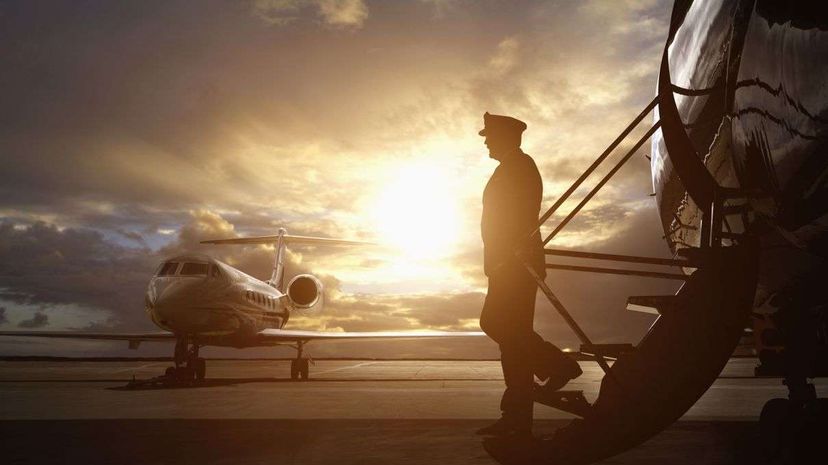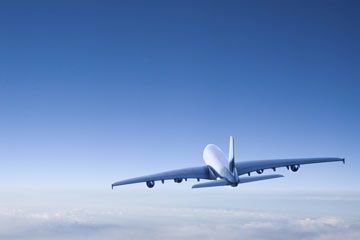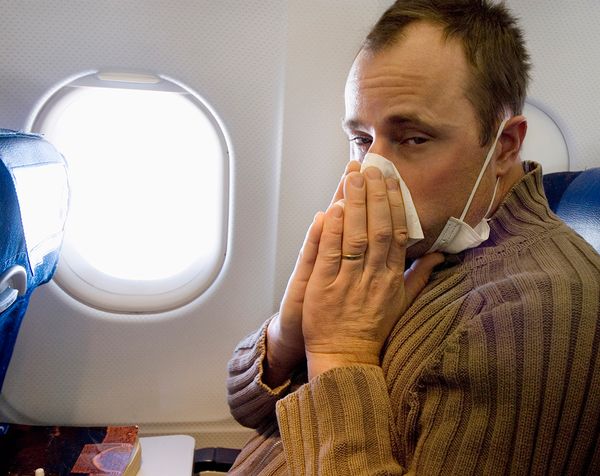Flying could become cheaper if airlines could eliminate the cost of jet fuel, and in the process they'd cut greenhouse gas emissions too. Boeing, with the help of NASA funding, has been working on a project called SUGAR Volt, which uses a hybrid electric propulsion system roughly comparable to the gasoline-and-electric battery combination in hybrid automobiles. The aircraft manufacturer has another research project, SUGAR Freeze, which powers a plane with liquefied natural gas, another cleaner fuel.
Some of these ideas may turn out to be more practical than others, but one way or another, the flying public is likely to embrace big changes. Liddell thinks that they'd even be willing to give up carry-on bags — Poppi would eliminate overhead bins as an efficiency and cost-saving measure — once they see that they'll have a more comfortable flight as a result. "Consumers are far more adaptable than we give them credit for," Liddell explains. "Uber and Airbnb have dramatically changed the habits of travelers in adjacent ways by creating better experiences. And that's the key — better experiences."



